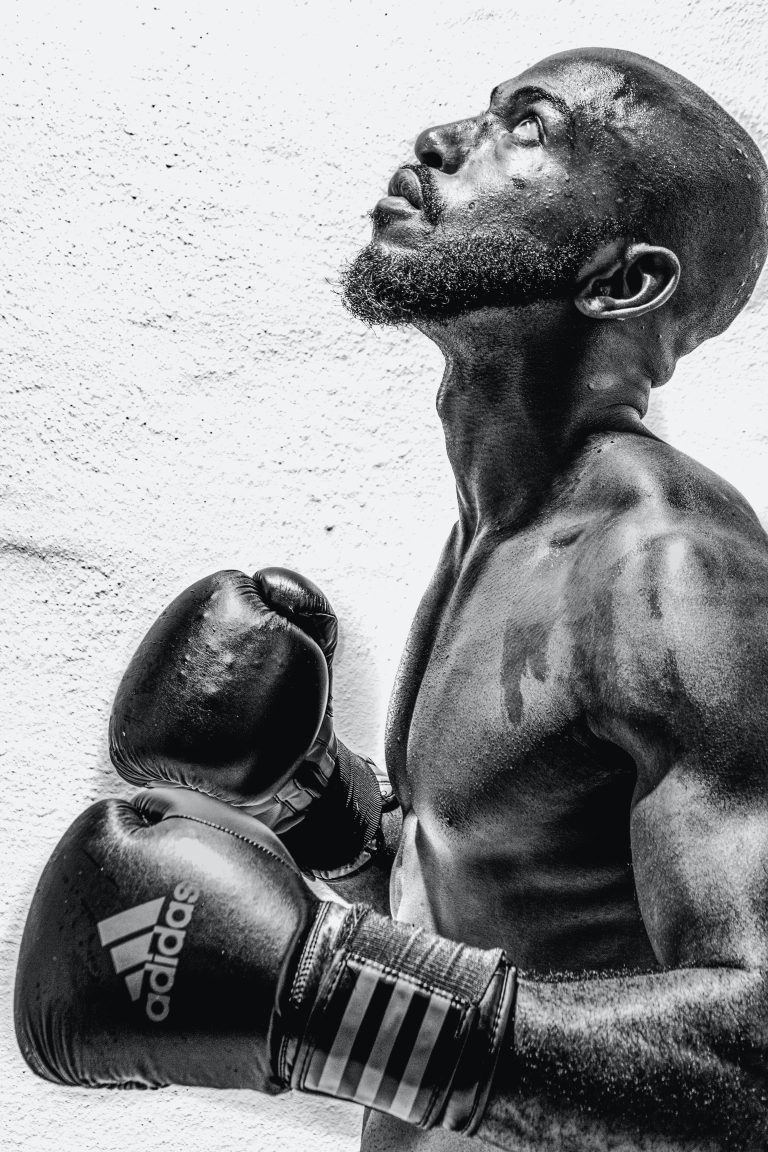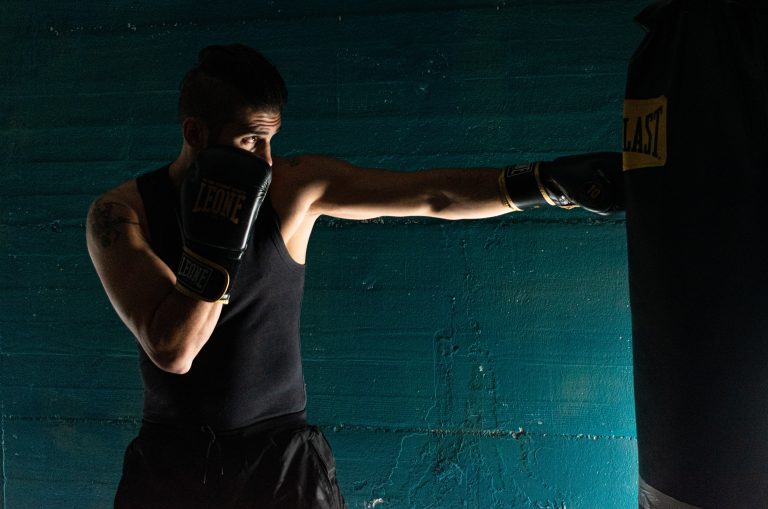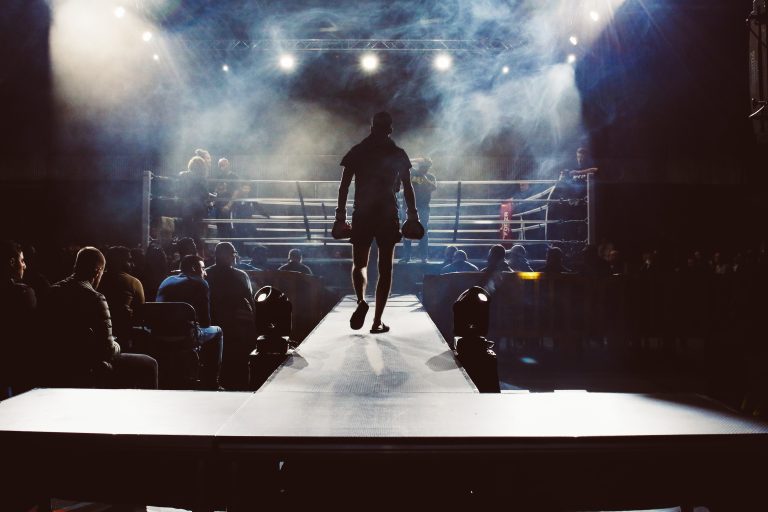The Best Tips for Successful Karate Training
Karate is an ancient martial art that originated in Japan, but it has become popular worldwide. Karate training is not only beneficial for self-defense, but it can also improve overall health and fitness. However, mastering karate requires proper training techniques, discipline, and dedication. In this blog post, we will discuss the best tips for successful karate training.
1. Consistency is the key to success
The first and most important tip for successful karate training is consistency. Consistency in training will help you build muscle memory, improve your reflexes, and enhance your focus. It is essential to have a regular training schedule that you can stick to, and also to track and measure your progress.
2. Focus on good form and technique
The technique is essential in karate, and good form is essential to execute the techniques effectively. It is highly recommended to focus on and refine your techniques before adding power and speed. It is better to have a strong foundation from which to build your skills.
3. Warm-up and stretch before training
Stretching and warming up your body is essential to prevent injuries and improve your performance. A good warm-up should consist of exercises that increase heart rate, circulation, and flexibility. Stretching also helps to reduce stiffness and soreness, which is inevitable when you’re training.
4. Stay hydrated and eat a healthy diet
Drinking enough water is crucial during any physical activity, and karate is no exception. It is highly recommended to drink water before, during, and after your training. Additionally, a healthy diet consisting of whole grains, vegetables, and lean proteins will improve your performance and promote faster recovery.
5. Find a good instructor and training partner
Finding a reputable and experienced instructor is crucial to learn karate properly. A good instructor will be able to guide you through the training, give you feedback on your performance, and ensure that you are developing your skills correctly. Also, finding a good training partner will help you to practice and sharpen your techniques.
6. Practice outside of class
Practicing outside of the class is essential to reinforce the techniques and skills that you have learned. At home, you can focus on techniques that you find difficult in class, and practice drills that will help you improve.
Conclusion
Karate training requires discipline, dedication, and consistency. Following the tips outlined in this blog post will help you to become a successful karate practitioner. Remember to focus on good form and technique, warm-up and stretch before training, stay hydrated and eat healthily, find a reputable instructor and training partner, and practice outside of class. With time and practice, you will become an expert in this ancient martial art.
The Best Tips for Successful Karate Training
Karate is a martial art that has been practiced for centuries. It teaches discipline, self-defense, and physical and mental strength. If you are thinking of starting karate training, here are some frequently asked questions and expert tips to help you on your journey to success.
1. What are the benefits of training in karate?
The benefits of training in karate are numerous. Aside from learning practical self-defense skills, it also helps build strength, flexibility, and endurance. It can improve cardiovascular health and overall fitness. Karate also teaches self-discipline and focus, which can be applied in all aspects of life.
2. What do I need to get started with karate training?
To get started with karate training, you will need comfortable and breathable clothing such as a gi or loose-fitting workout wear. You will also need to invest in protective gear such as gloves and shin guards. It is important to find a qualified instructor and a welcoming dojo to train in. Lastly, a positive attitude and a willingness to learn are essential.
3. How often should I train?
It is recommended to train a minimum of two to three times per week to see progress and improvement. However, it is important to listen to your body and give yourself adequate time to rest and recover between training sessions. It is also important to continue practicing outside of class to improve and reinforce techniques.
4. Can karate be dangerous?
Like any physical activity, there is always a risk of injury in karate. However, with proper instruction and training, the risk can be greatly minimized. It is important to listen to your body and not push yourself beyond your limits. Wearing proper protective gear and adhering to safety rules and regulations can also help prevent injury.
5. How can I improve my techniques in karate?
Consistent practice and repetition are key to improving your techniques in karate. It is important to practice daily, even outside of class, to reinforce what you have learned. Paying attention to detail and focusing on proper form can also greatly improve technique. Seeking feedback and advice from your instructor can also help identify areas to improve.
6. What should I expect in a karate class?
In a typical karate class, you can expect to begin with a warm-up and stretching. The main portion of the class will consist of practicing techniques and forms, often in pairs or groups. The class will then end with a cool-down and stretching. Students are expected to show respect to their instructor and classmates, and follow rules and regulations set forth by the dojo.
7. How can I stay motivated in my karate training?
Staying motivated in karate training can be challenging, especially when progress seems slow. Setting realistic goals and tracking progress can help maintain motivation. Trying new techniques or sparring with different partners can also help prevent boredom and keep things interesting. Surrounding yourself with a supportive community of fellow karateka can also provide encouragement and motivation.
In conclusion, karate training offers a plethora of physical and mental benefits, but requires dedication and consistent practice. By investing in the proper gear, finding a qualified instructor and welcoming dojo, and adopting a positive attitude, anyone can succeed in their karate journey. Remember to practice safety and follow rules and regulations, and most importantly, have fun and enjoy the process.
Inhaltsverzeichnis






